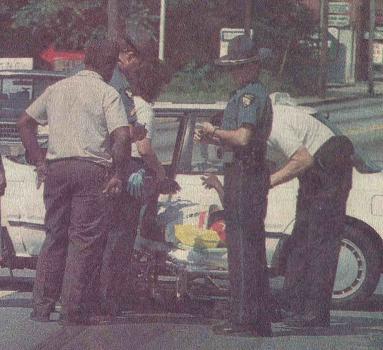As a former police officer, Laura Motes knows how important it is for people of all ages to stay as healthy as possible.
If you realize that you need to start exercising, but can’t decide between strength and cardiovascular training, you should simply choose both.
Cardio training improves cardiovascular fitness, mood, and heart-rate variability.

Strength training is important because loss of physical strength is connected with reduced physical energy, and aging. On average, we lose around one-half of a pound of muscle mass after the age of forty if we don’t do any strength training.
One of the most significant studies about the profound effects of strength training was published in the Journal of American Medical Association in 1990. The study consisted of a group of nursing home residents, aged eighty-six to ninety-six, who went through a strength-training exercise routine. All of the participants of the study had serious chronic diseases. Most of the participants also used walkers or a cane. As a result of their strength training, the participants increased their average strength by 175%, and their balance by forty-eight percent%.
When a person leads an active physical life, they build physical energy capacity, and can remain active for many years. However, sedentary office workers have no regular physical demands. The modern life keeps removing more and more physical activities from people’s lives, from having to wash dishes, to having to walk to work. Today, many people have dishwashers, robotic vacuum cleaners, cars, and all kinds of gadgets that make physical activity unnecessary. This results in the absence of physical exercise and premature aging.
Laura Motes has been exercising for years, and she fully intends to keep engaging in different sports and activities, despite her age.




